Ryohei Kamide is the director and producer of the TV series Hyper HardBoiled Gourmet Report, and works for TV Tokyo. In March 2020, he put out a book with the same name. He has been getting recognition both in and out of the TV business. Many people connect to how he makes shows through his unique lens, without blending into the industry he’s in. We asked Ryohei if he feels it’s feasible to improve TV. In part I, he talked about how programs are built on traditional values, the fundamental issue of TV, and so forth.
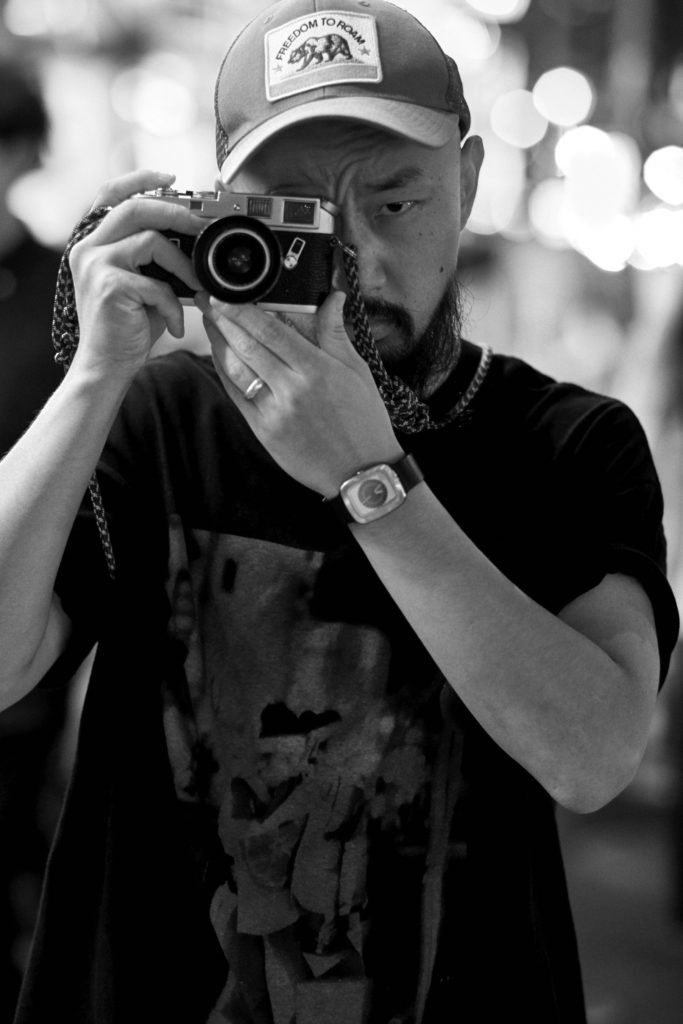
—I’d like to understand your views on whether you reckon it’s conceivable to update TV now. I came up with this point because I spend more time at home now due to the pandemic, and I’ve started watching more TV. When I grasped how TV shows still have the same outmoded values, I reflected, “the realm of TV hasn’t evolved.” What are your opinions on this, as someone who works in the field?
Ryohei Kamide (Ryohei): At first glance, it may appear as though TV programs haven’t evolved, but in reality, they’ve been changing little by little. If you compare today’s shows with shows from 20 years ago, you’ll recognize how they’re different. It’s typical for someone to express, “I wonder if we could make something identical to x y z from long ago” during a project meeting, but most of the time the show they’re referring to isn’t fun to watch today. TV programs are becoming more and more exciting. With that said, the pace at which TV changes is slow compared to online media. Sometimes I reckon TV should be more evolved than now.
—For example, on comedy shows, it’s routine for people to poke fun at others’ looks for laughs or for them to banter based on ancient values. To me, this feels old.
Ryohei: I agree. I’ve never made programs in that vein, so I relate to the viewer in that respect; it’s as if the industry’s awareness is three laps behind modern times. Within the business, we have problems such as sexism, racism, lookism, and such. More TV talents speak out against these issues now, so sensible producers don’t make shows like that anymore.
The production department has changed into a village-like society, where only people on the inside make the shows. Regarding long-running TV programs, some have the same staff for circa two decades, so they incline to reject new values. You could say the work climate is better than before, but the circumstances are very harsh. Women have an infinitesimal chance of having a career, and the industry prioritizes men. Because almost only men create TV programs, it’s only natural for the perspective of women to be lacking. But this is slowly changing. I can’t assert that things are fine because they’re changing step by step, but simultaneously, I can’t denounce TV altogether.
It’s not as if shows are a medium for the creator to express themselves. TV is the way it is partially because of the feedback producers get from the audience. So, it’s better to acknowledge the fact that shows are born from the complicit relationship between TV and viewers. The news should be separate from this, but programs made for entertainment are there to sell, so the audience’s attitude is imperative. It might sound like I’m shifting the blame, but if you’re going to criticize TV, then you also need to look into both the TV network and audience critically. Otherwise, the industry won’t move forward. I feel like this point of view is lacking.
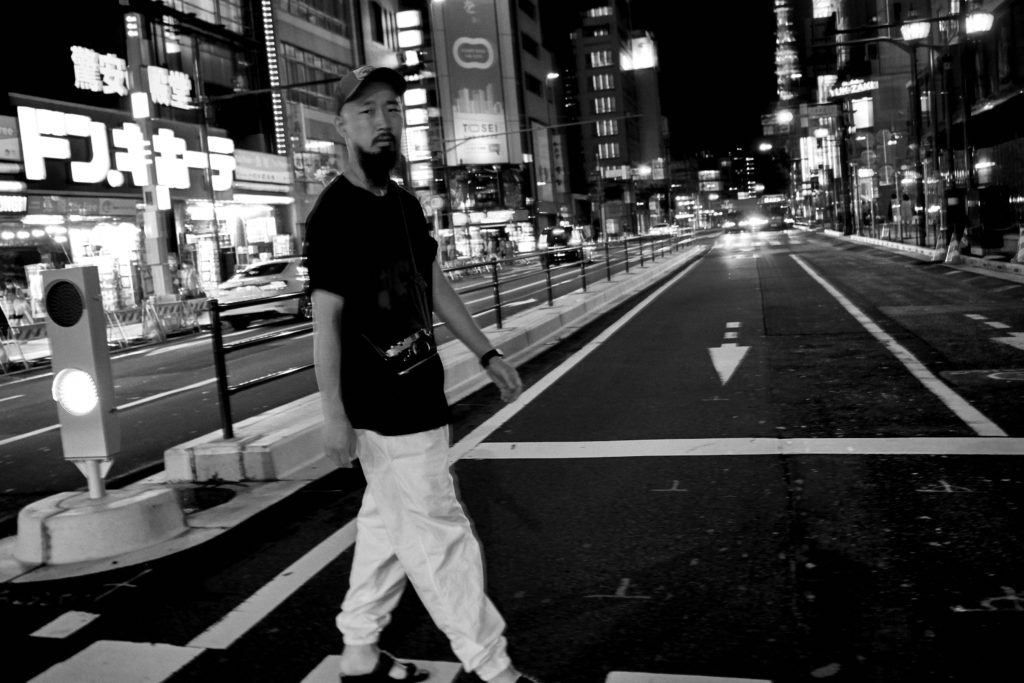
—I see. You mean to say, making fun of people’s looks and bantering in an out of fashion way are approved by the viewer.
Ryohei: I reckon people’s awareness about that is evolving right now. However, it’s difficult to determine if making remarks on other people’s appearances is unconditionally wrong. I think the conclusion would look different depending on which angle you take on this issue. For example, regarding lookism, you could say that complimenting someone else on how they look is wrong because it creates the “beautiful/not beautiful” binary. But does not saying anything mean the binary is completely gone? If the concept of beauty were to exist, even if it depends on the era or region, wouldn’t saying anything be the same as hiding it? Perhaps we’re looking the other way by pretending that something doesn’t exist because it would hurt someone’s feelings otherwise. We should be wary of this happening.
Also, that would mean society doesn’t tolerate people using their looks or “funny” appearance as their strong point. We have to think about whether going in this direction would make us genuinely happy. It’s not a good thing if someone’s being picked on because of their looks, but I don’t think we should disapprove of someone using their appearance as an asset that gets people laughing. However, someone on TV could use a physical feature to their advantage, while someone outside of that world could never do the same. For instance, there are cases where someone gets told they look like a TV personality, only to feel hurt after seeing that TV personality be the butt of the joke because of their looks. It’s dangerous to create a show forgetting about people like that. The person laughing has no responsibility, but the people making others laugh bear an enormous responsibility.
Some aspects of TV are behind the times, and it has a biased perspective; a diverse range of voices is missing. When people say, “the world is following this trend, so why don’t you jump on the bandwagon?” it makes me think, “why do you suppose that trend itself is good in the first place?” I feel like people should question that. If there’s a social trend heading one way, it’s vital to tune into another movement. Let us consider point B as the world and point A as TV. For us TV program producers, we must search for point C, instead of pushing TV to point B too.
The necessity of understanding the risks of TV
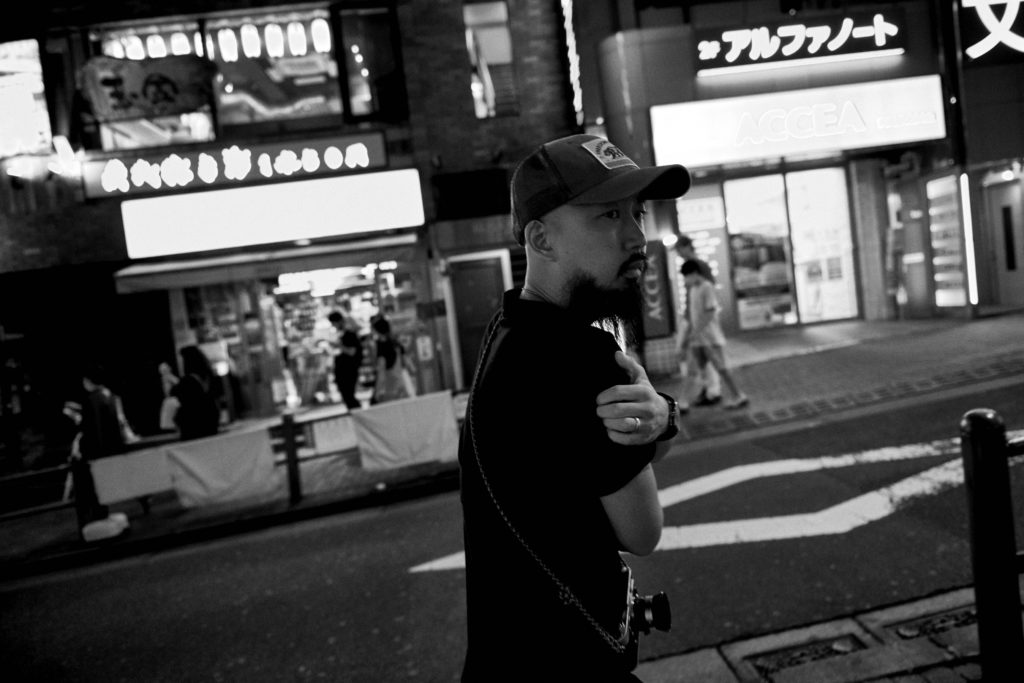
—I feel like people attack others too harshly online recently; there’s a tendency for people to criticize others one-sidedly, just for the sake of it. It looks like the TV industry is usually on the receiving end of that. What do you think about that?
Ryohei: I have a lot of thoughts regarding that. Sometimes shows get backlash, while the people on screen receive it. I can’t praise this phenomenon, but to say something controversial- part of the reason TV exists is so that people could criticize it. If everyone can relieve their stress by ripping a show apart on social media, then you could say that’s one valuable service TV provides. That’s one way to look at it. Isn’t that the ultimate desire?
—You can say that about TV programs themselves, but I think it becomes a problem when it turns into targeting individuals.
Ryohei: People that criticize individuals are in the wrong, and production should protect its TV guests. But I think people must be aware of the risks that come with being on TV to protect themselves too. It’s much too dangerous to go on TV without considering the risks.
—How do TV directors determine if they should cut or leave in a controversial comment made by someone on TV?
Ryohei: That’s a tough question. The best comments come from people blurting out something unintentionally or absentmindedly. So, we directors want to use those moments. We’re allowed to do that because of the relationship between the talent and TV crew. That’s why we use funny or interesting comments made by TV personalities without pulling back. It’s tricky when that person isn’t a TV personality, though. We sometimes get told, “I didn’t want you to use that bit” but the whole “I want to present myself like this, I want people to see me like this” spiel isn’t interesting. Plus, it’s not like we’re making a promotional video for them, so they should expect us to use clips where they said something they didn’t intend on saying. Well, this does depend on the program and whether someone’s a TV guest or interviewee. Reality TV causes problems because the line between those two is unclear.
—If you are cast as a TV guest, then they want you to play a role, so you got to understand that. This is a bit off-topic, but some people have never owned a TV. Also, more young people are straying away from the TV because the internet and social media are the norms. What do you think about that?
Ryohei: I also don’t watch TV regularly, so this applies to me too (laughs). It is said that people are turning away from the TV, but I think people watch it to a certain extent via YouTube, Tver, Netflix, Amazon Prime, and such. You could say that the way people watch TV has changed. I don’t get why you could or should watch a TV show only at a certain time, and I think a lot of younger people feel the same way too. It’s better to watch something from the beginning whenever you want, and I bet people want to watch it on their phone. We should provide content that goes well with accessible devices and platforms.
Phony corporate compliance is on the rise
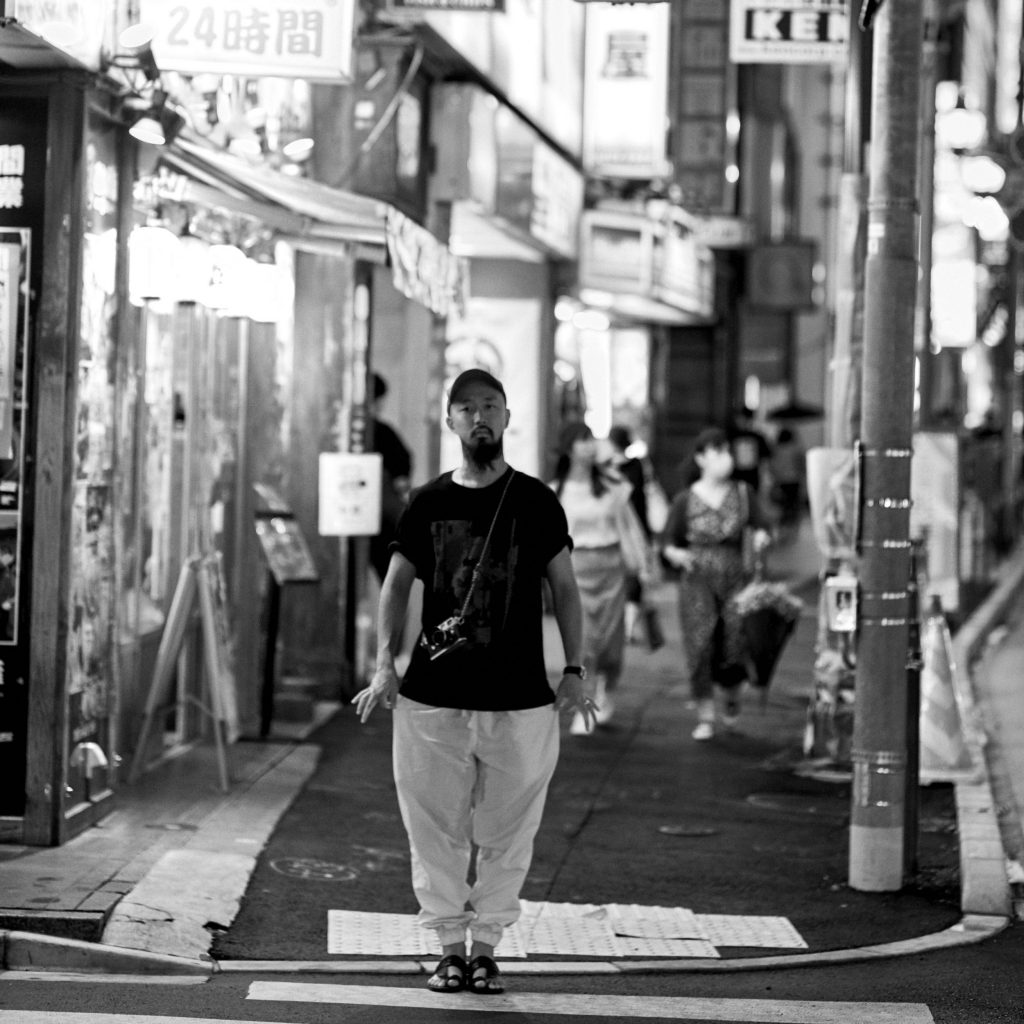
—You could say that TV has less freedom compared to the past because of corporate compliance. Do you feel that too?
Ryohei: I don’t at all. It’s unthinkable for me to run into trouble after creating something that I think is ethically right and interesting to watch. Those that think, “I can’t make what I want because of corporate compliance” have outdated sensibilities. That’s what I think. Creating a show that aligns with corporate compliance is a testament to that person’s skills. You could tell if that person can adapt to the current zeitgeist. If said person’s sensibilities aren’t up to date, then that wouldn’t be alright, corporate compliance-wise, and they wouldn’t be able to come up with a good show. People that are creating good content right now don’t feel hindered.
The definition of “compliance” is vague, to begin with. I think the intended meaning is, “if a TV network is transmitting ethically correct content to society.” But people that work in TV worry about not offending their sponsors, and that phony corporate compliance is on the rise. I question that. I don’t care what the sponsors think, so I naturally make them feel displeased often.
—How do you think the TV industry should be?
Ryohei: Recently, I feel like the boundary between entertainment TV and the news is blurry. The show I made, Hyper HardBoiled Gourmet Report, is entertainment, but there’s a TV report vibe there too; we’re telling the viewer, “hey, there are issues like this in the world.” An inverse phenomenon is happening today. If you ask me how much real reporting is going on regarding so-called news programs, then I would say that there isn’t much. All the channels have more entertainment segments, and they’re more like programs with general information. Content that’s not news-related content is broadcasted on news channels- I think this is the primary reason people are losing their trust in TV.
Things are the way they are because commercial TV networks are for-profit corporations. It doesn’t matter if they show entertainment TV or the news, as long as they make money. Otherwise, they would have no reason to exist. That’s their fate. They can’t create a news program with 100% authenticity because they won’t have high viewership. This issue extends to the audience, too. TV networks gained money from the audience wanting dramatic, black-and-white information on top of poetic justice and Mito Komon style feel-good one-liners. Because of the complicity between the viewer and TV, there are less neutral news programs now. They make speculations about the government, and the viewers, hence the increase of shows with no substance.
It is what it is. However, I think sponsors could be the key to saving this. Even if a show can’t get a high viewership, the show could continue to exist if its network could gain money. Meaning, you could ask a corporation to fund a show about a value aside from “getting views” (such as social justice). A corporation’s reputation could improve based on which show they fund, as part of their corporate social responsibility. If only we could get a consensus on stakeholders. I hope companies with a strong backbone collaborate with creators with a strong backbone and lead the culture of TV, even if they don’t get a lot of views. I think mass media could find a reason to exist that way. So, I wish TV programs like that could come about. I wonder if my head is way up in the clouds.
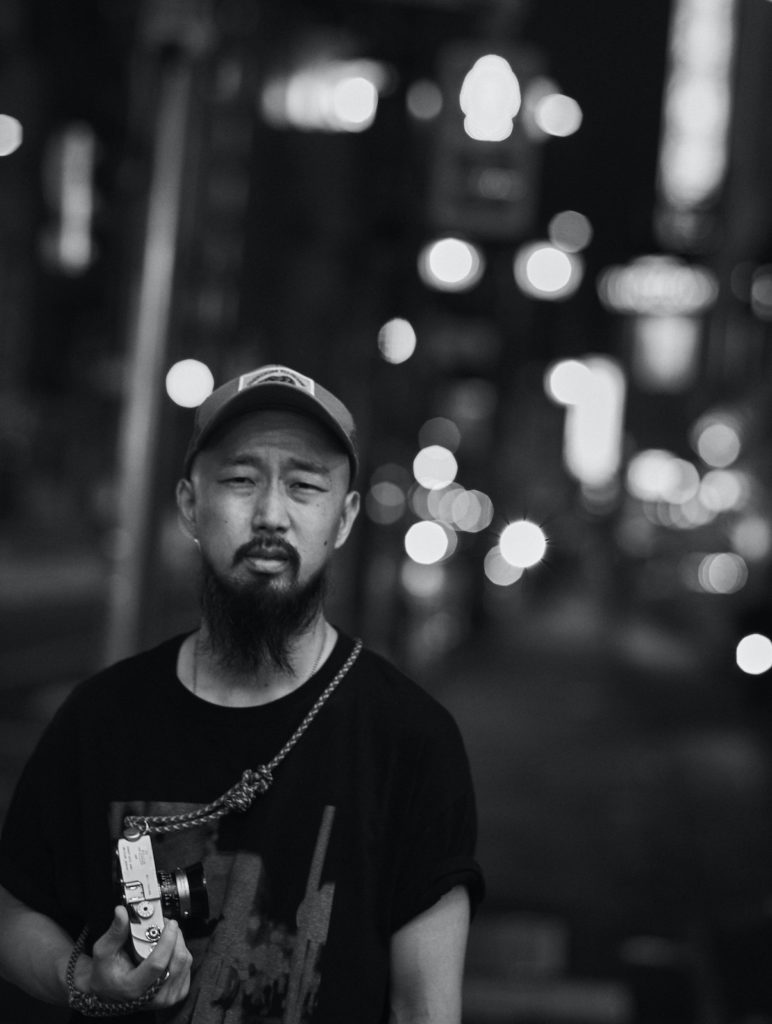
Ryohei Kamide is a TV director and producer. He was born in 1989 in Tokyo. After graduating from Waseda University, he joined TV Tokyo in 2011. He handles everything, from planning, production, shooting, and editing on his show, Hyper HardBoiled Gourmet Report. In March of this year, he published a book by the same name. He continues to expand his work.
Twitter: @hyperhardboiled
Photography Yusuke Abe(YARD)
Translation Lena Grace Suda
